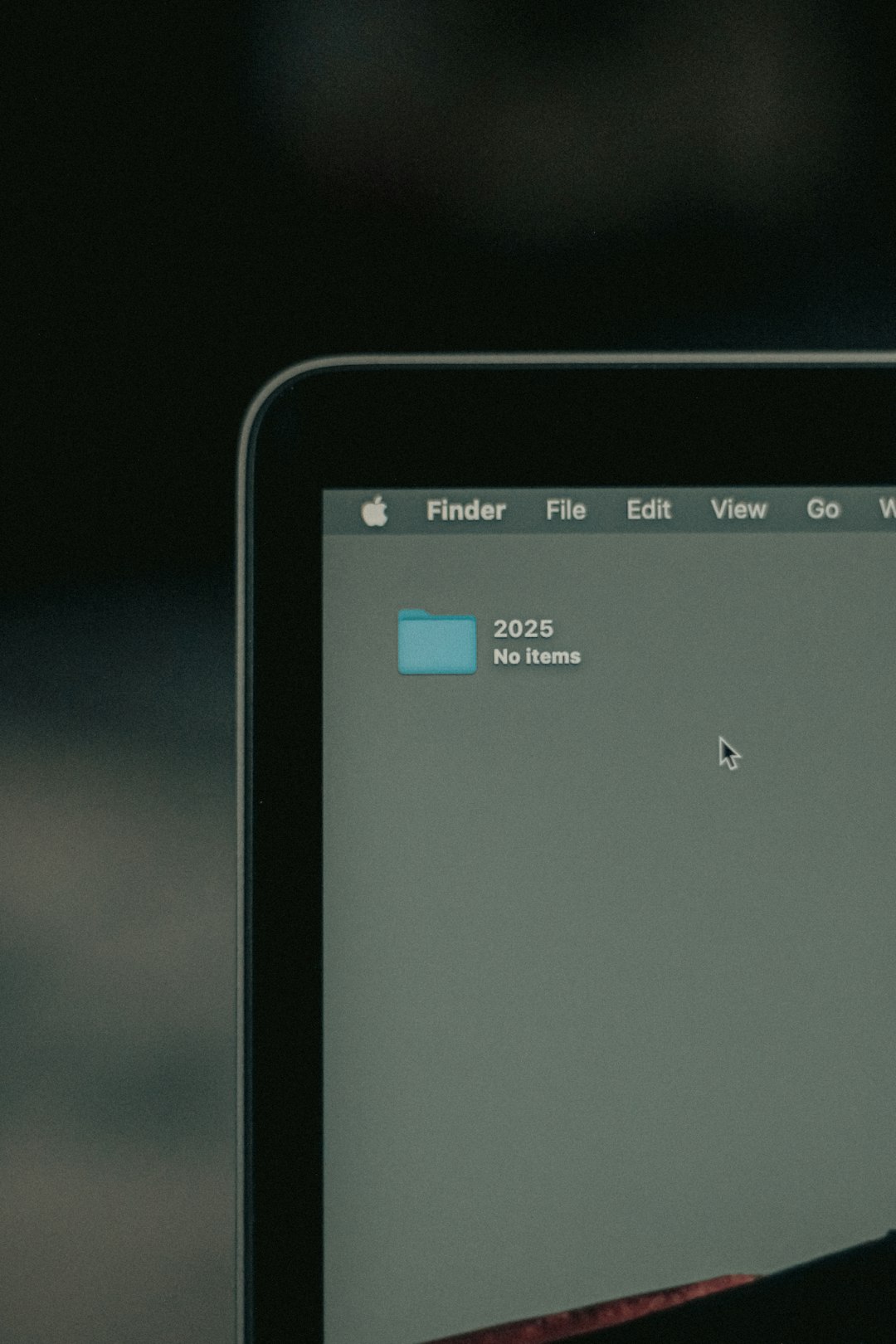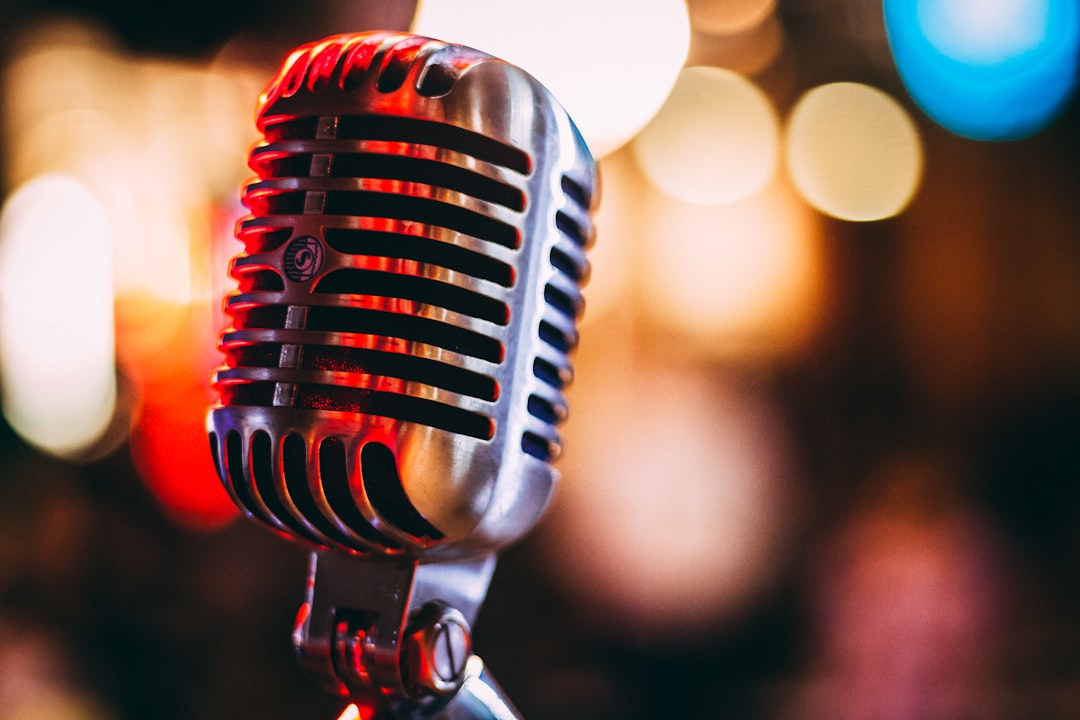In an age where artificial intelligence is transforming practically every facet of human creativity, humor may be one of the most surprising frontiers. ChatGPT, the AI language model developed by OpenAI, is proving to be a remarkably competent joke machine — amusing, quick-witted, and consistently clever. For some, it’s unsettling; for others, it’s a marvel. But there’s a growing argument among comedians, tech enthusiasts, and regular internet users alike that ChatGPT-generated jokes may, in fact, be funnier than many written by humans.
Though humor is conventionally thought of as an innately human characteristic — nuanced, cultural, and often deeply emotional — ChatGPT is challenging that assumption. Its ability to process colossal amounts of language data, recognize patterns, and combine seemingly unrelated ideas allows it to craft jokes in a way that humans might overlook.

The Elements Behind AI’s Punchlines
What makes a joke funny? Timing, tone, relevance, and delivery are all key. Surprisingly, ChatGPT manages to tick many of those boxes — even the timing, in a way, by serving users jokes instantaneously during conversation or interaction.
By analyzing phrases, situations, and common tropes from cinema, literature, and pop culture, ChatGPT can repurpose jokes in intelligent and refreshing ways. Its strength lies in structure: it understands puns, setups and punchlines, irony, and subtle satire. Human comedians might take hours or even days to workshop great material. ChatGPT does it in seconds.
Are AI Jokes Actually Better?
Of course, humor is subjective. What makes one person laugh might make another wince. However, the scale at which ChatGPT can produce jokes offers a significant edge over humans. It can try thousands of joke constructions within seconds, test them virtually, and pick the most satisfying in terms of linguistic flow and comedic impact.
Some memes and viral tweets from AI have even outperformed human-written posts in terms of engagement. While not always groundbreaking in terms of originality, ChatGPT jokes often lean on universally understood frameworks — making them accessible and broadly funny.
Where the Human Touch Still Wins
It’s important to remember that ChatGPT doesn’t experience human life. It doesn’t understand joy, pain, awkwardness, or absurdity in the way people do. That absence of personal experience can sometimes make its jokes feel overly polished or lacking in authenticity. The best human comedians often mine their own lives for humor, balancing vulnerability with insight. That’s still an area where AI can’t compete — yet.
Also, AI avoids intentionally controversial or offensive material, which some comedians use to make bold social or political statements. While this is a benefit in many contexts, it means AI humor may lack the same edge or daring that defines transformational comedy.

So What’s the Future of Funny?
Rather than fearing the robot comedian takeover, many believe AI will become a tool that enhances human humor. Writers might use ChatGPT to brainstorm punchlines, create test setups, or even produce entire comedic sketches for refinement. It’s a collaboration, not a competition — at least for now.
One thing is clear: AI comedy is not just a novelty. With increasing sophistication in natural language understanding, AI like ChatGPT is earning its laughs — sometimes louder and faster than its flesh-and-blood counterparts.
FAQ
-
Q: Can ChatGPT write original jokes?
A: Yes, ChatGPT can generate original jokes using its understanding of language patterns, humor structures, and cultural references. -
Q: Are ChatGPT jokes better than human-written jokes?
A: That’s subjective. Some people find AI jokes more consistent or clever, while others prefer the emotional nuance of human-authored humor. -
Q: Does ChatGPT understand what it’s joking about?
A: Not in the human sense. It doesn’t have feelings or personal experiences, but it understands context and patterns well enough to simulate humor. -
Q: Will ChatGPT replace comedians?
A: Unlikely. While AI can assist in joke-making, the storytelling, emotion, and live performance aspects of comedy remain deeply human. -
Q: Where can people use ChatGPT for humor?
A: ChatGPT is used in chatbots, social media, entertainment apps, and even writers’ rooms as a brainstorming aide for humorous content.


